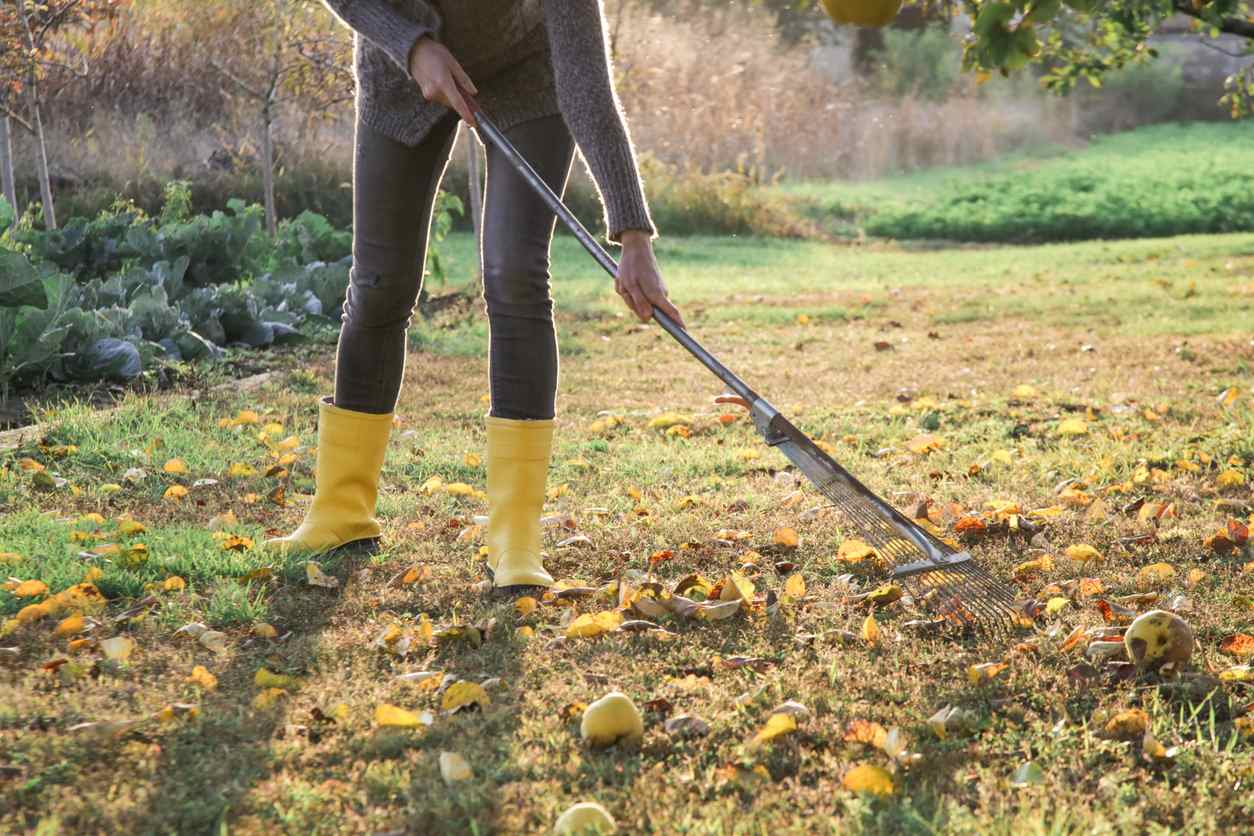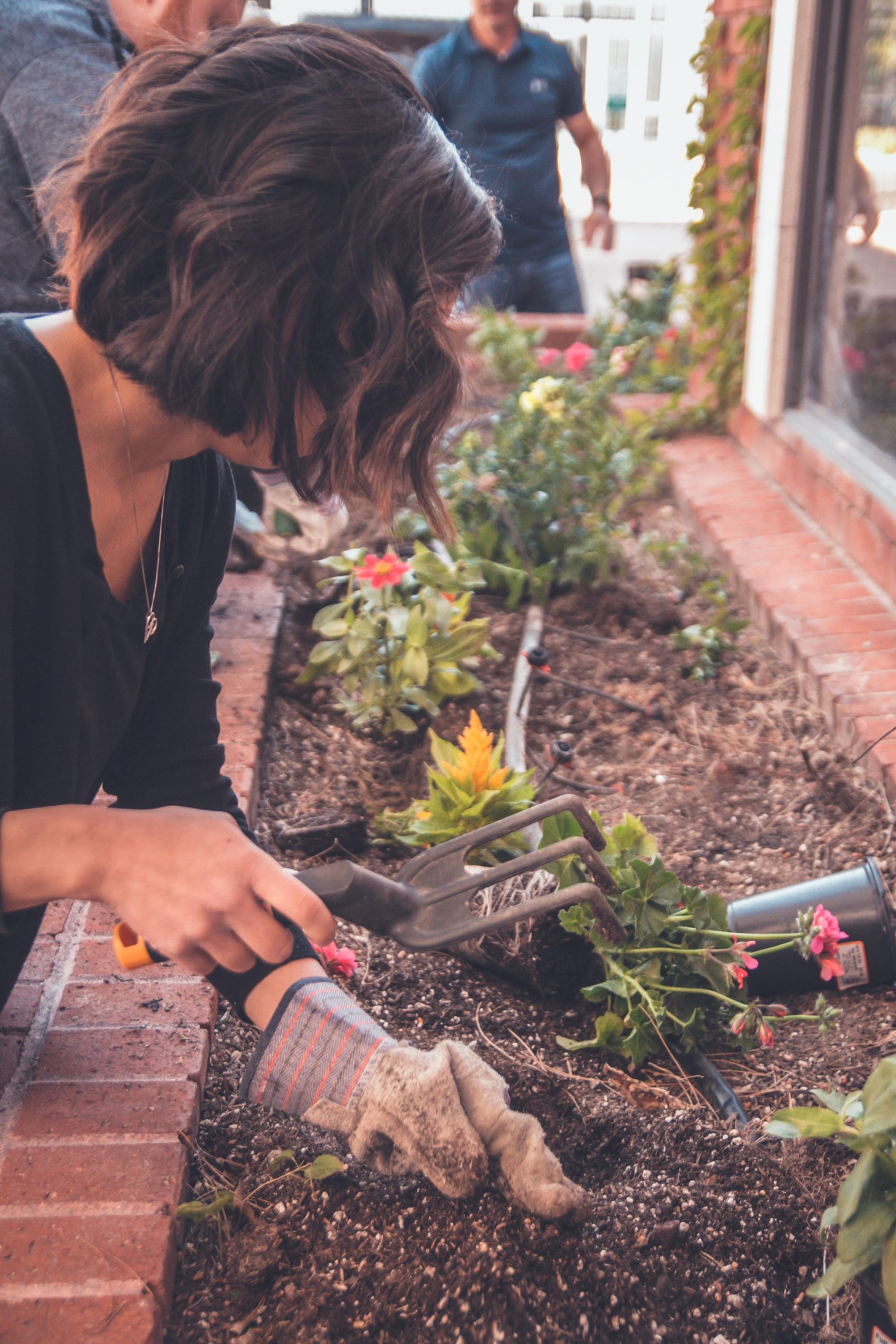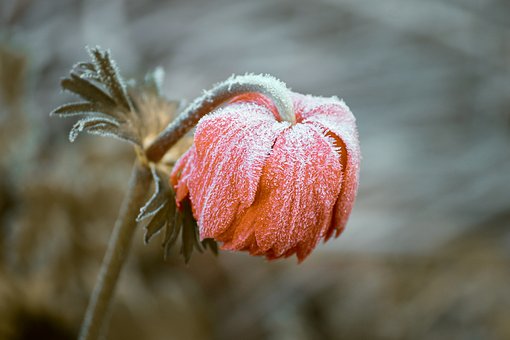Superstition was the subject of my personal project when I was in university and I studied it deeply.
In the past, humans developed certain mental traits that helped them to survive, namely pattern recognition, assignment of agency and confirmation of bias. Pattern recognition is about discerning patterns from very little visual or auditory information or picking out meaningful images from visual or auditory clutter. Like, a pattern of shadow in the bush was often interpreted as a tiger waiting to pounce and eat…so people would opt to go the other way. When something occurs and the cause is not totally obvious, people decide that an entity must have caused it. Lightning, for example, was previously believed to be a sign of anger from the “gods.” This is referred to as the assignment of agency.
When you then put potential cause-and-effect together in your mind a few times and it seems to be a true connection, then you will look for more confirmation of that belief and you will tend to ignore distractions like evidence that might counter it. This is how humans became the social story-telling species and passed on superstitions and traditions. It wasn’t then a big step to imagining that humans would believe that these supposed spirit entities could be swayed or satisfied by offerings and sacrifices. They also developed little rituals to attract or appease the spirits. They piled up all kinds of rituals about what to look for, what to do or what to carry. If some of those turned out to make life worse, then they would be dropped from the repertoire. But, if they seemed to help or at least didn’t appear to hurt our choices, then people kept them in the lore and passed them along.
From then on, people made it a point to knock on wood, step into the water with the left foot first and avoid broken mirrors and black cats. So, superstition is habitual and culturally ingrained. It reminds me of those chain message spams. None of them is really true, but just to stay safe, people pass these messages on. Likewise with superstition!
The pure existence of superstition is deeply rooted in many fields and studies have found huge businesses thriving only because of their superstitious practices and beliefs. It is hard to believe but when it concerns gardening, superstition has been an extremely long practicing exercise. So, here are some traditions and beliefs that makeup what we call “garden folklore.”
Never Say “Thank You” for a Plant
 There is this belief in Appalachia that says that you should never thank someone for a plant. Otherwise, it will bring you bad luck and may even kill your plant. So, if someone gifted or offered you a plant, just respond with, “How nice of you”, or “Wow, really beautiful.”
There is this belief in Appalachia that says that you should never thank someone for a plant. Otherwise, it will bring you bad luck and may even kill your plant. So, if someone gifted or offered you a plant, just respond with, “How nice of you”, or “Wow, really beautiful.”
Grow Peas and Potatoes on St. Patrick’s Day
 In many US states, planting potatoes and peas on St. Patrick’s Day was encouraged as it was believed to bring good luck and prosperity. And, strangely, it did go well for those who did accordingly.
In many US states, planting potatoes and peas on St. Patrick’s Day was encouraged as it was believed to bring good luck and prosperity. And, strangely, it did go well for those who did accordingly.
Stolen Plants Always Grow Better
 There are so many myths and stories behind this belief, but the bottom-line is that if you steal a plant, it will grow better and bring good luck. Another version talks about stealing flowers while others say stealing herbs would bring good omens.
There are so many myths and stories behind this belief, but the bottom-line is that if you steal a plant, it will grow better and bring good luck. Another version talks about stealing flowers while others say stealing herbs would bring good omens.
No matter how weird and absurd it sounds like, this tradition is pretty much today.
Growing Peppers When You Are Mad
 Um, so what will happen if I plant peppers when I’m mad?
Um, so what will happen if I plant peppers when I’m mad?
They will turn out hotter.
So, next time when you are angry, dash into your garden and add a few pepper plants.





